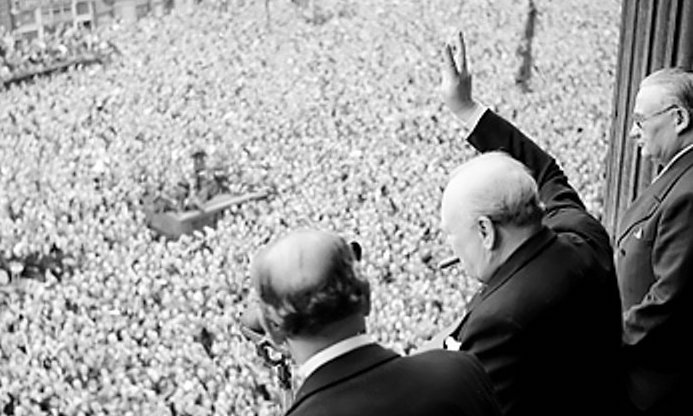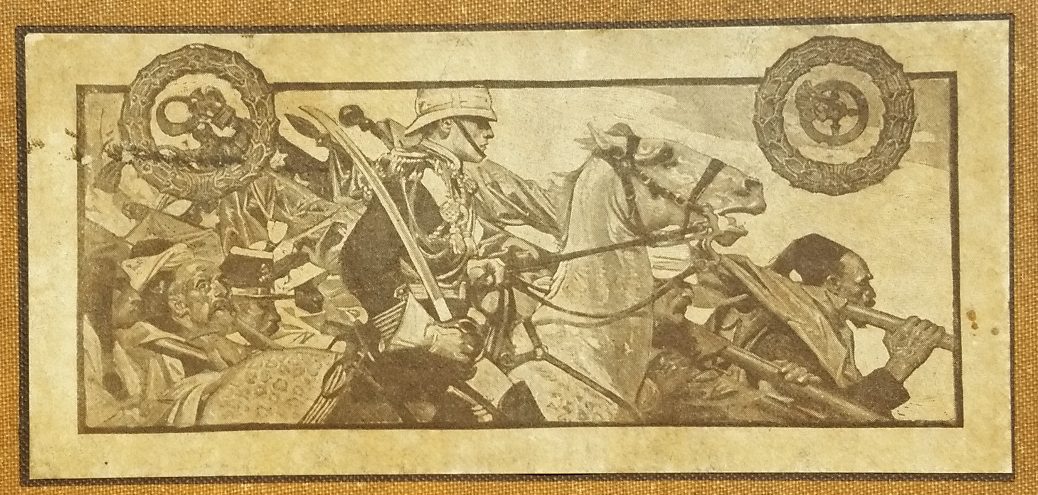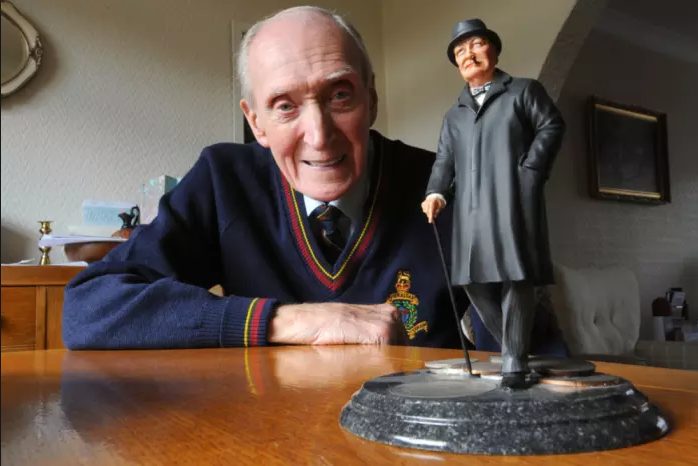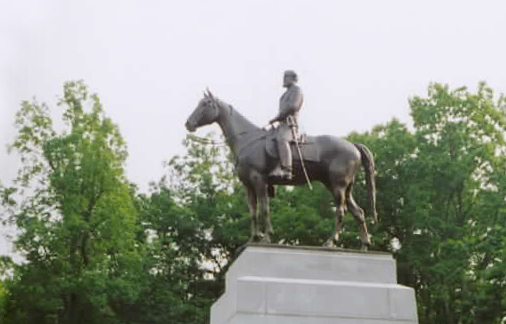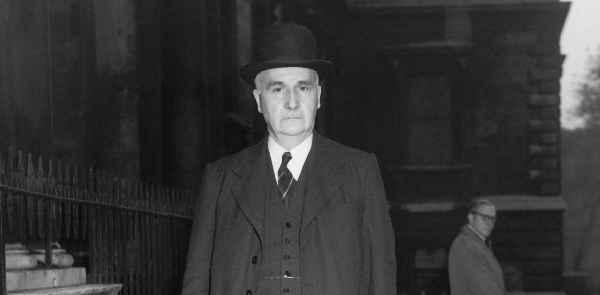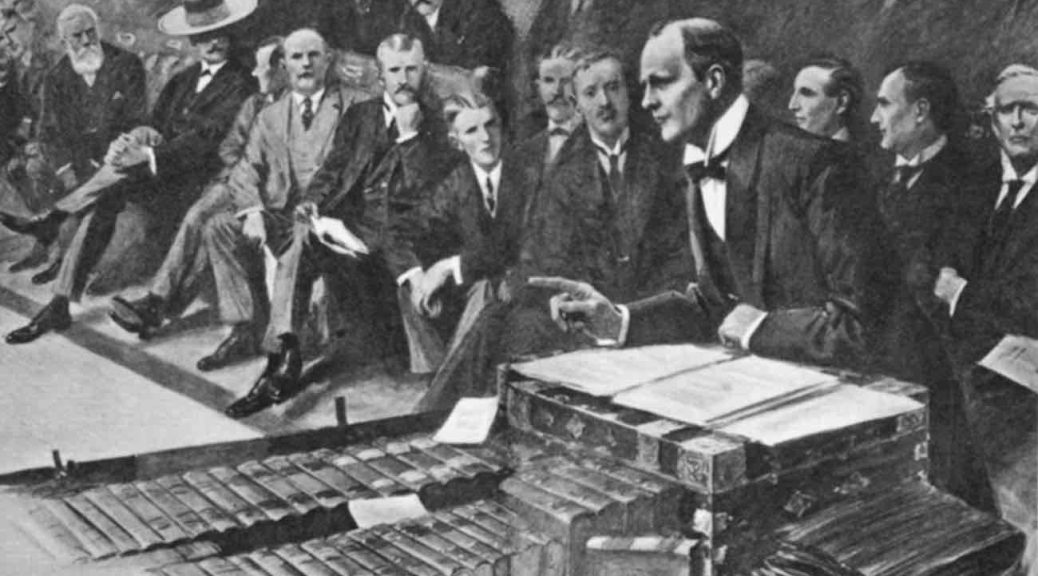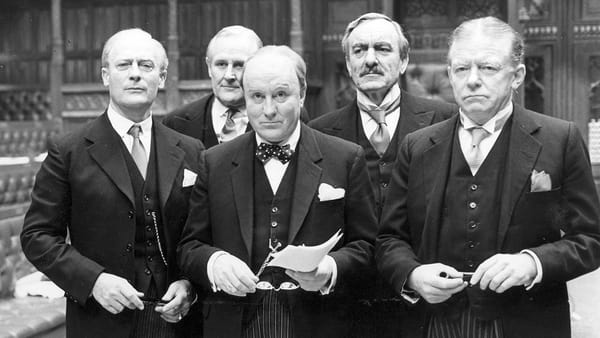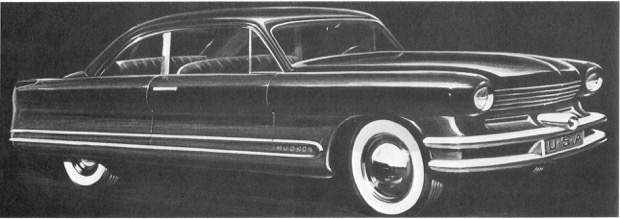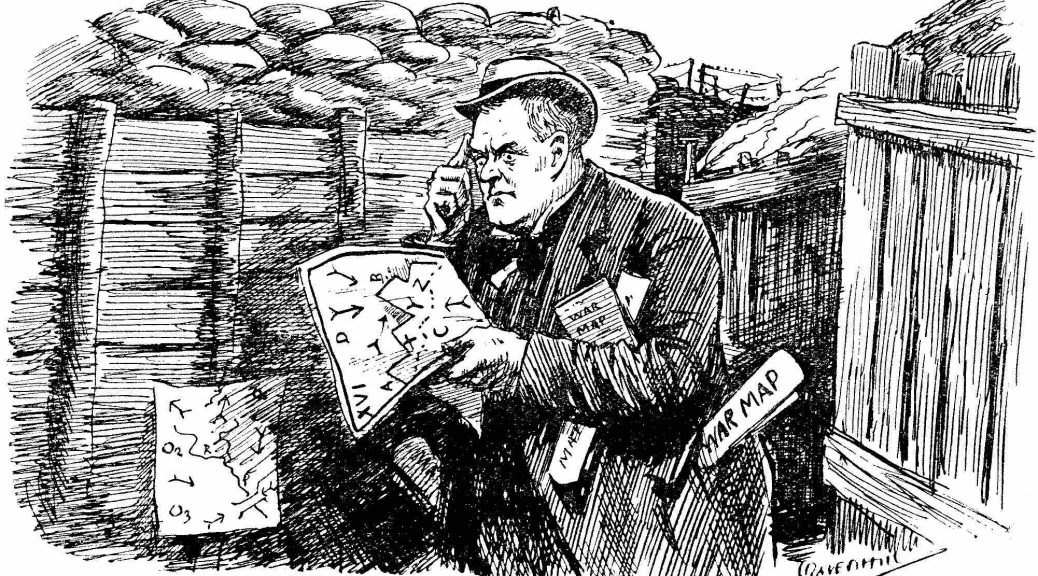
“Incandescent Brilliance:” Churchill and Hilaire Belloc
“To Belloc this generation owes big glimpses of the Homeric spirit. His mission was to flay alive the humbugs and hypocrites and the pedants and to chant robust folk-songs to a rousing obligato of clinking flagons….” He later concluded that Liberal reforms merely offered the “propertyless worker perpetual security…in exchange for the surrender of political freedom.”
Excerpted and condensed from “Great Contemporaries: Hilaire Belloc,” for the Hillsdale College Churchill Project. For the full article click here.
_______________
Joseph Hilaire Pierre Belloc(1870-1953)—writer, sailor, poet, friend of Churchill—helped fuel Churchill’s passion for the survival of free government.…
